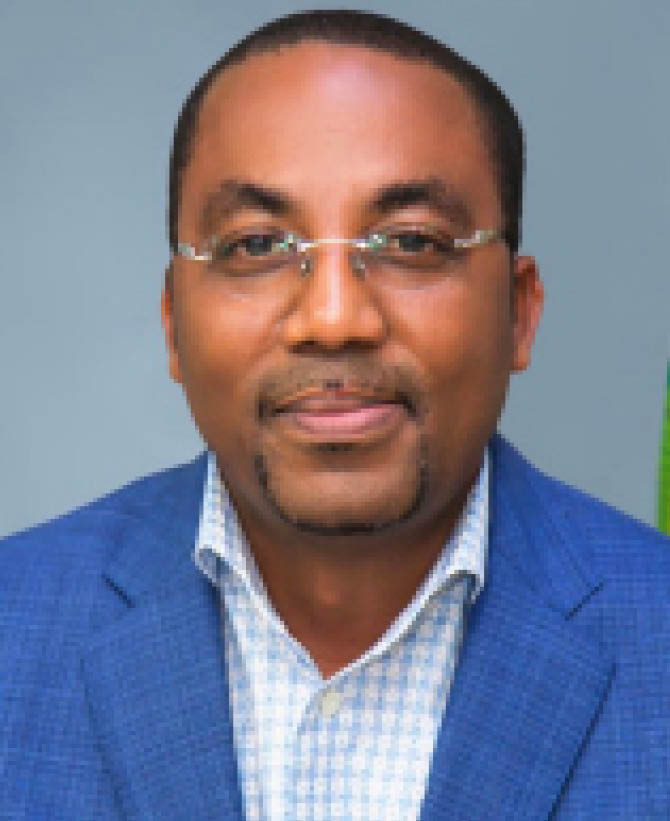The Nigerian Ports Authority (NPA), on Saturday in Lagos, threatened to revoke the concession agreement of five terminal operators over purported collapse of ports’ infrastructure.
It said currently all affected terminal operators at the nation’s seaports were under watch to ensure that they did the needful.
- Publisher petitions IGP over harassment by security operatives in Gombe
- NIGERIA DAILY: How Mob Justice Is Causing Choas In Nigeria
The authority said the decision to put the affected terminals under watch was to ensure that they kept to all commitments and obligations as agreed under the concession agreement.
The federal government had in 2005/2006 entered into concession agreements for several bulk, break-bulk and container terminals, partly on a competitive basis (13 terminals) and partly through negotiation (12 terminals).
Addressing maritime reporters on Saturday, the Managing Director of NPA, Mr Mohammed Bello-Koko, disclosed that the affected terminal operators had been granted a six-month grace to enable them meet up with the conditions for renewal before their concession agreements would be renewed permanently.
The NPA boss said the introduction of the Infrastructure Concession Regulatory Commission (ICRC) Act meant that renewal of concession agreements for terminal operators was now done differently.
He said, “What we have done is to start talking to lending agencies, even though we don’t intend to lend. We are asking the terminal operators, you people have operated these port terminals for about 10 to 15 years; how much money are you going to invest in these port terminals? We are asking some of them that their leases have expired, how much will they be investing in the ports?
“For us to renew these concession agreements that have expired, about five of them, we need to have a categorical commitment from the affected terminal operators on the development of these port terminals. If the terminal operators cannot give us such commitment, then we either give the terminals to someone else or go and borrow money to rehabilitate those ports.’

 Join Daily Trust WhatsApp Community For Quick Access To News and Happenings Around You.
Join Daily Trust WhatsApp Community For Quick Access To News and Happenings Around You.


